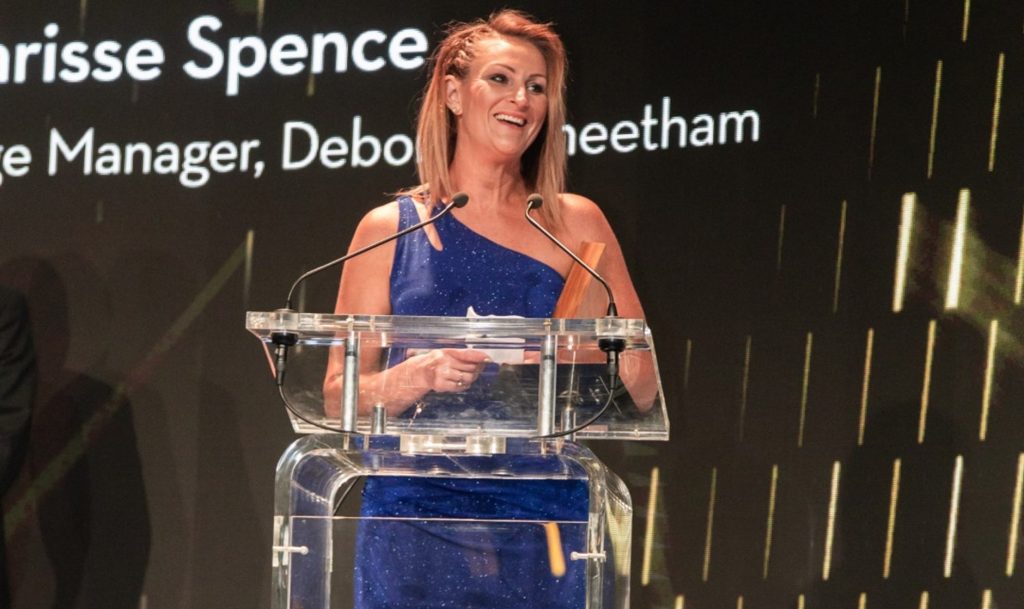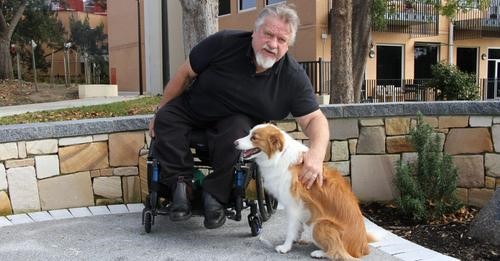DCM Institute member Charisse Spence (far left) is Village Manager of Ryman Healthcare’s Deborah Cheetham Retirement Village at the seaside town of Ocean Grove on VIC’s Bellarine Peninsula.
With the village nearing completion, the Registered Nurse is assembling a team and has taken up an offer from another team member Rachel, a keen surfer, to have “unlimited” surfing lessons.
“The village is five minutes from the beach, so it’s easy to get the team to the beach. It’s a great way of bonding because we know we will be busy when the building is finished,” Charisse said.
“There are a couple who won’t do it, they come with their dogs but I think they really come for a laugh.”
Charisse, named Ryman’s Leader of the Year at the company’s 2022 Awards, said Ryman recently held a recruitment night and more than 100 people turned up.

“They were literally lined up outside the door. We are going through the expressions of interest,” said Charisse, who has more than 25 years’ experience in the healthcare sector, from working as a Clinical Nurse Specialist in the Intensive Care Unit at University Hospital Geelong, managing regional operations at the Western Victoria Primary Health Network and establishing an Enrolled Nursing Course. She has also been at the forefront of medical research, leading the Barwon Health Cardiac Research Unit for about 10 years.
“There are 18 of us at the moment and I would say we need another six to eight staff when the village is finished in July.
“I want to promote a diverse, welcoming and nurturing culture that sets the foundations for an adaptable and versatile workforce.”
Deborah Cheetham Retirement Village currently has 65 residents. It will have 120 care beds and 53 serviced apartments when complete.











